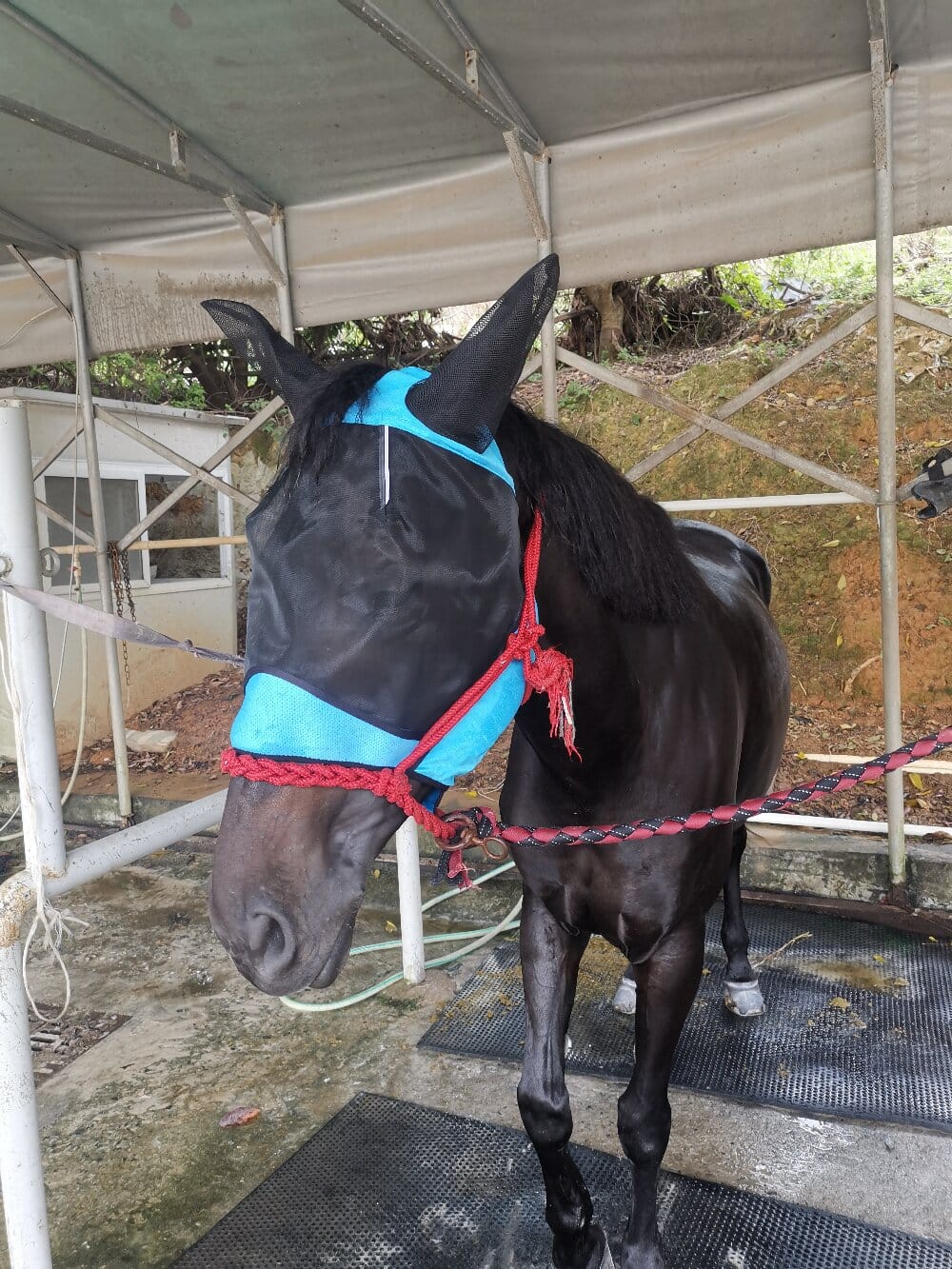When you first see a horse fly mask, you might simply view it as a quirky piece of equine equipment, a necessary shield against buzzing pests. But look closer, and you’ll discover that this simple mesh garment is a fascinating cultural artifact, a symbol of the evolving relationship between humans and horses. It represents a shift from mere utility to a deeper, more empathetic form of animal husbandry, where comfort and well-being are prioritized. The adoption of this protective gear speaks volumes about how we perceive our responsibility towards these majestic animals, moving beyond basic care to safeguarding their daily peace.
A Global Lens on Equine Protection
Around the world, the approach to protecting horses from insects varies dramatically, influenced by climate, tradition, and local equestrian culture. In some regions, particularly in parts of Europe with dense fly populations, the use of a fly fringe or a full-face protective mask is considered as standard as a saddle. It’s a non-negotiable part of turnout gear. Conversely, in other areas, traditional methods like smearing natural oils or allowing horses to find their own refuge in a muddy wallow might still be prevalent. The widespread commercial availability of the modern horse fly mask, however, signifies a global convergence towards a standardized, science-backed solution for equine welfare, transcending older, less effective folk remedies.
The Philosophy of Prevention: More Than Just a Mesh Screen
Choosing to use a fly veil for your horse is a proactive declaration. It says that you value prevention over reaction. You are not waiting for your horse to develop painful, infected bites around its sensitive eyes or ears before you act. This philosophy mirrors a broader cultural movement in pet and livestock care, where anticipatory measures—from vaccinations to specialized tack like these equine accessories—are seen as the hallmark of a dedicated owner. It’s a quiet commitment to eliminating discomfort before it even begins, acknowledging that a horse’s mental tranquility is just as important as its physical health. A calm horse, free from the incessant harassment of flies, is a happier and more trainable partner.
Choosing the Right Fly Mask for Your Horse
Selecting the perfect face protection is an exercise in understanding both function and individual need. It’s not a one-size-fits-all decision. Consider these factors to ensure your horse’s comfort and safety:
- Fit: This is paramount. A mask that is too tight can cause rubs and restrict movement, while one that is too loose can slip, impair vision, or become a hazard. Measure your horse’s head carefully according to manufacturer guidelines.
- Features: Do you need protection for just the eyes, or the ears as well? Models with ear covers guard against gnats and flies that can cause serious irritation and even infections within the ear canal. Some advanced designs even offer UV protection to prevent sun bleaching of the coat and protect sensitive skin.
- Material: Look for soft, flexible, and breathable fabrics. The mesh should be fine enough to block the smallest insects but large enough to allow for excellent airflow and unobstructed vision.
- Durability: Horses will be horses. They will rub, roll, and play. Choose a well-constructed mask with strong stitching and resilient materials that can withstand pasture life.
The Cultural Shift in Animal Husbandry
The humble fly mask is a small but powerful testament to a significant cultural shift. It moves the conversation from simply keeping an animal alive to ensuring it thrives. This piece of equestrian equipment is a physical manifestation of empathy, a tool that allows us to mitigate a natural annoyance that we have the means to control. It reflects a society that is increasingly attuned to animal sentience and well-being, investing in products that enhance quality of life. This care extends beyond the performance horse to the beloved pasture pet, indicating that all horses deserve comfort, regardless of their job.
A Summary of Thoughtful Care
Ultimately, the decision to use a horse fly mask is a nuanced one, rooted in a modern ethos of compassionate and intelligent animal stewardship. It is a simple act that carries profound meaning, representing a desire to provide a peaceful existence for our equine companions. By understanding the functionality, the global context, and the underlying philosophy, you can appreciate this accessory as more than just pest control. It is a clear, visible sign of the bond we share with horses and our enduring commitment to their holistic welfare, ensuring their days are as comfortable and irritation-free as possible.

